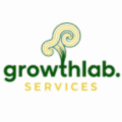Advertising agency professionals know that in the rapidly evolving world of digital marketing, staying ahead of the curve is not a luxury—it’s a necessity. As we step into 2025, businesses must adapt to new technologies, shifting consumer behaviors, and emerging platforms to remain competitive. This comprehensive guide explores the top digital marketing trends in 2025 that no business can afford to ignore.
Table of Contents
Toggle1. AI-Powered Personalization
Artificial Intelligence (AI) is transforming digital marketing from a broad, one-size-fits-all approach to a hyper-personalized experience. In 2025, AI tools can analyze massive amounts of data in real time to deliver content, product recommendations, and messages tailored to individual preferences.
Why It Matters:
- Enhances customer experience
- Improves conversion rates
- Builds stronger brand loyalty
Actionable Tip:
Use AI-driven platforms like ChatGPT for personalized customer service and product suggestions to boost engagement.
2. Voice Search Optimization
With the rise of smart assistants like Alexa, Siri, and Google Assistant, voice search is becoming more prevalent. In 2025, businesses that optimize their content for voice queries will have a significant advantage.
Why It Matters:
- More conversational search behavior
- Local businesses benefit from “near me” voice searches
Actionable Tip:
Use natural language and long-tail keywords in your content to match voice search patterns.
3. Video Marketing Evolution
Video content continues to dominate digital platforms, but in 2025, short-form, AI-generated, and interactive videos are taking the lead. Platforms like YouTube Shorts, TikTok, and Instagram Reels are essential tools for brand visibility.
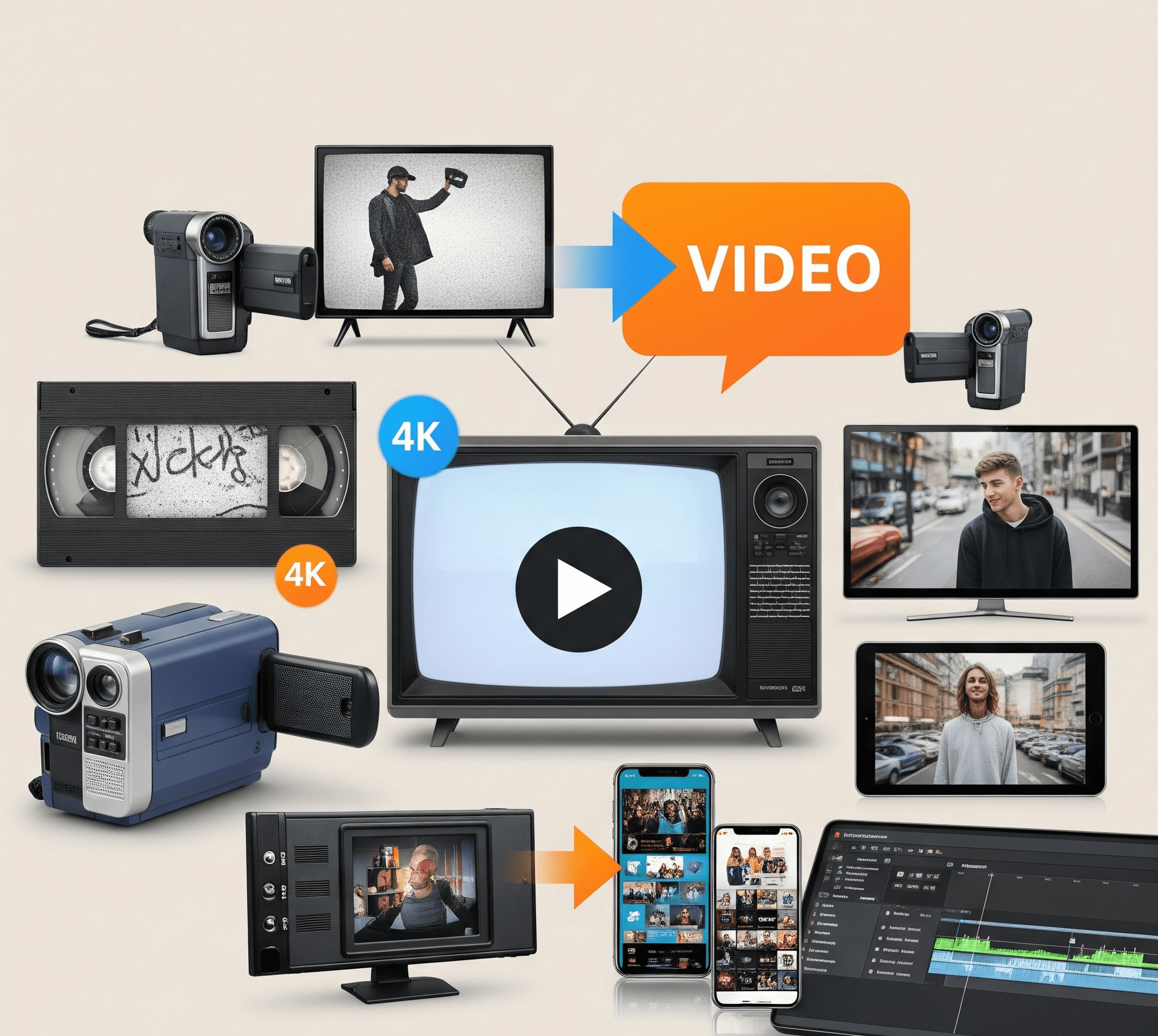
Why It Matters:
- Video content boosts engagement
- Increases time spent on websites
- Improves SEO rankings
Actionable Tip:
Create short, engaging videos optimized for mobile viewing. Include captions, and use storytelling to connect with your audience.
4. Conversational Marketing with Chatbots
Chatbots are becoming more intelligent and human-like, providing real-time assistance and engaging users around the clock. In 2025, chatbots are integral to the customer journey.
Why It Matters:
- Enhances customer support
- Reduces operational costs
- Increases customer satisfaction
Actionable Tip:
Integrate AI chatbots into your website or app for instant customer interaction and lead generation.
5. Social Commerce Expansion
Social media platforms are evolving into powerful sales channels. Facebook Shops, Instagram Checkout, and TikTok Shop allow users to discover and purchase products without leaving the platform.
Why It Matters:
- Simplifies the buying journey
- Increases impulse purchases
- Offers new revenue streams
Actionable Tip:
Tag products in your social media posts and stories, and use influencers to drive traffic to your social storefront.
6. Influencer Marketing 2.0
Influencer marketing is evolving with a focus on authenticity and niche creators. In 2025, micro and nano influencers are proving more effective than celebrities in building trust.
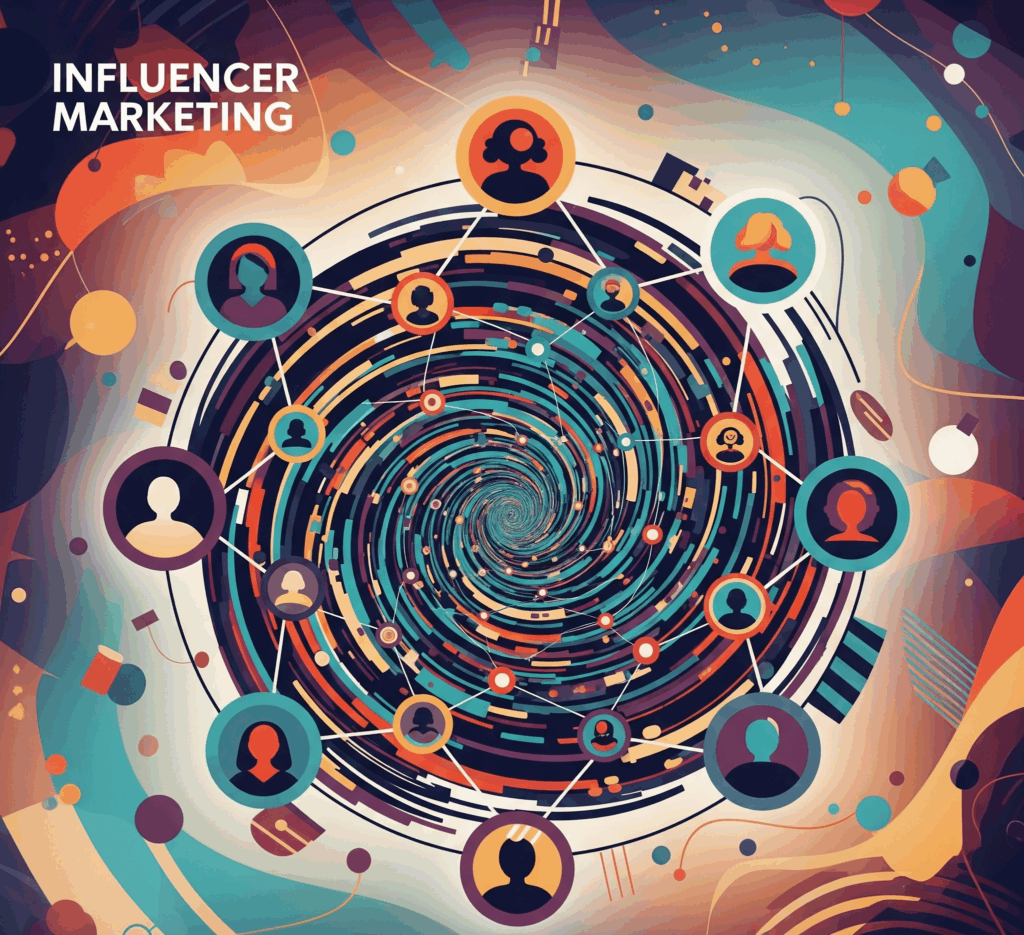
Why It Matters:
- Higher engagement rates
- Cost-effective marketing strategy
- Authentic content creation
Actionable Tip:
Collaborate with niche influencers who align with your brand values to reach a more engaged audience.
7. Augmented Reality (AR) Experiences
AR is revolutionizing how consumers interact with products online. From virtual try-ons to interactive ads, AR creates immersive brand experiences.
Why It Matters:
- Increases product confidence
- Reduces return rates
- Enhances user engagement
Actionable Tip:
Implement AR features like 3D product previews or virtual fitting rooms on your website or app.
8. First-Party Data Strategy
With increasing privacy regulations and the phase-out of third-party cookies, first-party data is more valuable than ever. Businesses must prioritize data collection through owned channels.
Why It Matters:
- Builds trust with consumers
- Ensures compliance with data laws
- Enables personalized marketing
Actionable Tip:
Use newsletters, loyalty programs, and interactive content to collect and leverage first-party data.
9. Search Engine Algorithm Updates
Search engines are continuously evolving, and 2025 is no exception. Google’s AI-driven updates prioritize helpful, human-first content.
Why It Matters:
- Impacts website visibility
- Prioritizes user experience
- Rewards authoritative content
Actionable Tip:
Focus on E-E-A-T (Experience, Expertise, Authoritativeness, Trustworthiness) and update old content to align with new algorithm requirements.
10. Sustainable and Ethical Marketing
Consumers in 2025 are more environmentally and socially conscious. Brands that showcase transparency and values resonate more with the modern audience.
Why It Matters:
- Builds brand trust
- Attracts value-driven customers
- Enhances brand reputation
Actionable Tip:
Highlight your sustainability initiatives and ethical practices in your marketing campaigns and website.
11. Predictive Analytics and Data-Driven Decision Making
Marketing decisions are now powered by data rather than intuition. Predictive analytics uses historical data, machine learning, and algorithms to forecast future consumer behavior.
Why It Matters:
- Optimizes marketing spend
- Improves customer targeting
- Enhances ROI
Actionable Tip:
Invest in analytics tools that provide customer insights and trend forecasts to drive strategic campaigns.
12. Omnichannel Marketing Integration
Customers expect a seamless experience across all platforms. Omnichannel marketing ensures consistency whether a user engages via mobile, web, email, or in-store.
Why It Matters:
- Increases customer retention
- Strengthens brand identity
- Enhances user experience
Actionable Tip:
Use integrated marketing platforms to unify messaging and track customer journeys across touchpoints.
13. Rise of Programmatic Advertising Agency
📈 Introduction: The Evolution of Advertising
In today’s fast-paced digital world, the advertising agency has emerged as a vital force in shaping brand success. From traditional media to AI-driven strategies, the transformation has been nothing short of revolutionary.
🧠 Why Businesses Rely on Advertising Agencies
A professional advertising agency understands market trends, consumer psychology, and platform dynamics. They craft campaigns that not only capture attention but also drive conversions.
🔄 Transition from Traditional to Digital
As media consumption shifted from TV and print to digital platforms, the advertising agency evolved to offer SEO, social media, and influencer marketing—all under one roof.
💡 Innovation as a Competitive Edge
Modern advertising agencies use data analytics, creative storytelling, and automation tools to deliver highly targeted messages with measurable results.
📊 The Role in Brand Positioning
An experienced advertising agency helps businesses create a consistent brand identity and voice, making them stand out in a crowded market.
🤝 Strategic Partnerships
Collaborating with an advertising agency means accessing expert teams who act as strategic partners in your long-term growth journey.
🚀 Future of Advertising Agency
As technology evolves, the advertising agency will continue leading businesses toward innovation, relevance, and global impact.
14. Interactive Content
Static content is becoming less effective. Interactive content such as quizzes, polls, calculators, and clickable infographics engage users and encourage participation.
Why It Matters:
- Improves user engagement
- Increases time on site
- Enhances lead generation
Actionable Tip:
Incorporate interactive elements into your blogs, landing pages, and social media to boost engagement.
15. Blockchain in Digital Marketing
The Future of Trust and Transparency
In recent years, blockchain technology has made waves far beyond the world of cryptocurrency. One of the industries being transformed by blockchain is digital marketing. As marketers face increasing pressure around data privacy, ad fraud, and transparency, blockchain is emerging as a game-changing solution.
What Is Blockchain?
At its core, blockchain is a decentralized, distributed digital ledger. It records transactions securely and transparently across a network of computers. Each transaction, or “block,” is immutable—meaning once it’s added, it can’t be changed or deleted. This trustless system ensures data integrity and accountability.
Why Blockchain Matters in Digital Marketing
Digital marketing relies heavily on data—whether it’s customer behavior, advertising metrics, or content distribution. However, issues like fake traffic, data manipulation, and third-party interference continue to plague the industry.
Blockchain addresses these problems by:
Enhancing transparency
Eliminating intermediaries
Securing consumer data
Combating ad fraud
Benefits of Blockchain in Digital Marketing
1. Increased Transparency and Trust
Marketers often rely on third-party platforms like Google and Facebook to verify impressions and clicks. With blockchain, data is recorded on a public ledger, allowing advertisers and brands to verify campaign metrics without intermediaries. This transparency builds trust between all parties involved.
2. Elimination of Ad Fraud
Click fraud and bot traffic cost marketers billions annually. Blockchain helps detect and eliminate these problems by tracking every interaction in a verified, tamper-proof manner. Advertisers can ensure that real people—not bots—are engaging with their ads.
3. Better Consumer Data Protection
Privacy is a growing concern among users. Blockchain allows consumers to control their own data. Instead of marketers harvesting user data without consent, blockchain systems can let users voluntarily share specific information in exchange for incentives, maintaining full control.
4. Smart Contracts for Ad Delivery
Smart contracts—self-executing agreements on the blockchain—can automate the buying and selling of ad space. Once conditions are met (e.g., a certain number of impressions), payments are automatically triggered, reducing delays and disputes between advertisers and publishers.
Use Cases of Blockchain in Marketing
AdChain and Basic Attention Token (BAT) are already using blockchain to improve transparency in advertising.
Brave Browser, which runs on BAT, rewards users for watching ads, creating a new ad ecosystem.
IBM’s Blockchain is being used for real-time ad campaign verification.
Challenges to Adoption
Despite its promise, blockchain adoption in marketing is still slow due to:
Lack of technical understanding
Scalability concerns
Integration with existing systems
Regulatory uncertainties
However, as technology matures and becomes more accessible, these challenges are likely to diminish.
16. Email Marketing Reimagined
Email remains a powerful tool, but in 2025, automation and personalization define its effectiveness. Interactive emails and AI-optimized send times are becoming the norm.
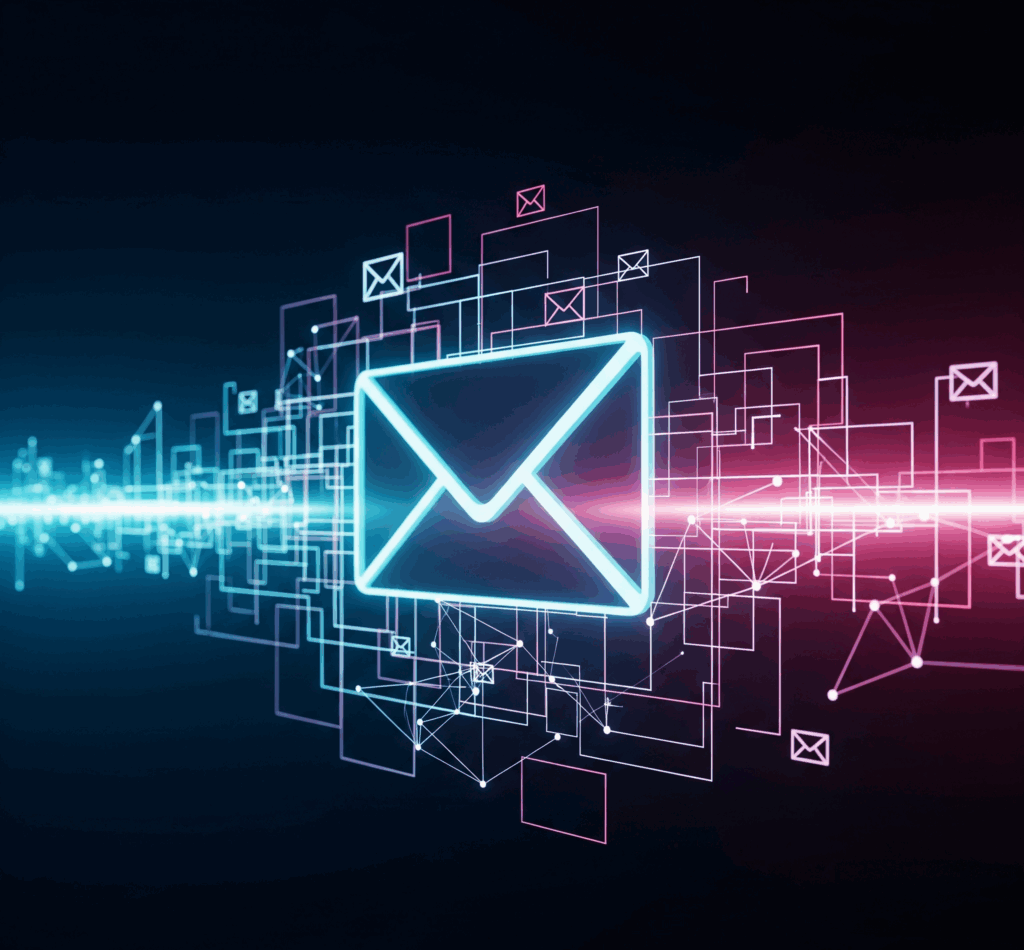
Why It Matters:
- High ROI potential
- Direct communication with customers
- Easy performance tracking
Actionable Tip:
Use behavior-triggered email automation to send timely, relevant content based on user actions.
17. Mobile-First Marketing
With mobile usage surpassing desktop, businesses must prioritize mobile experiences. In 2025, mobile-first design is no longer optional.
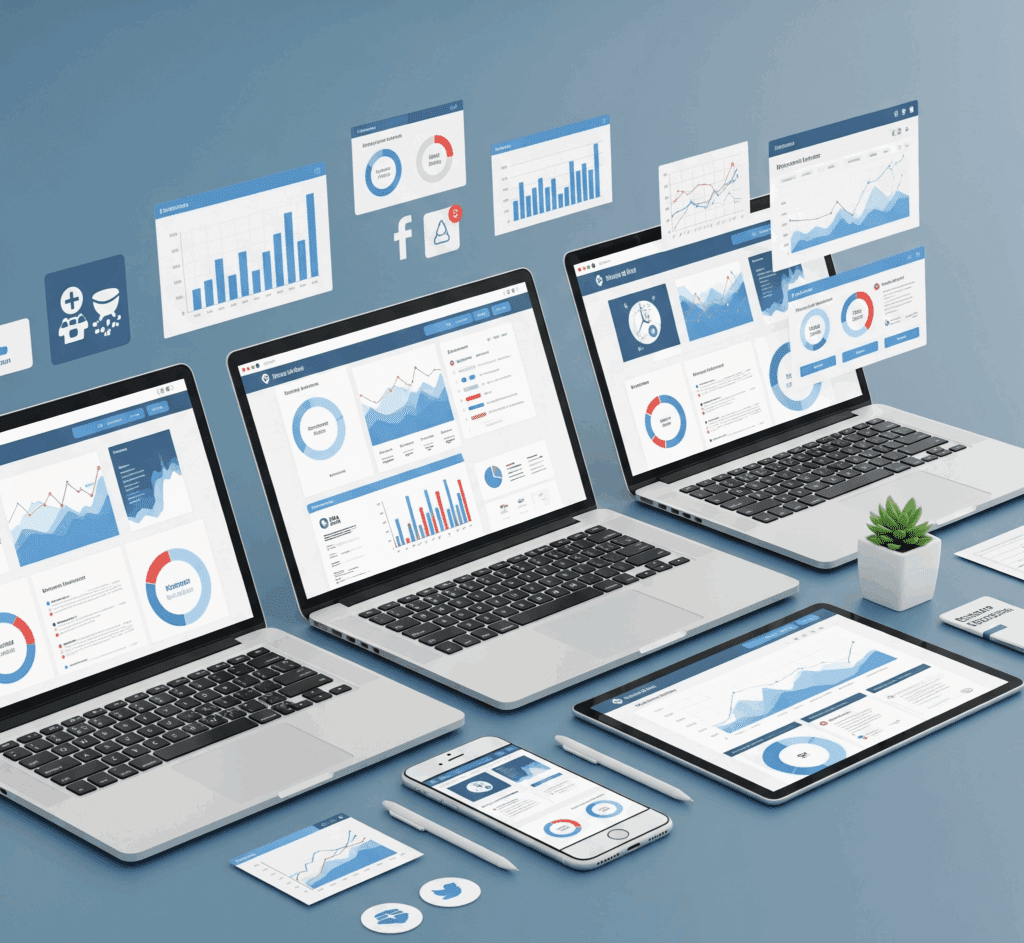
Why It Matters:
- Enhances accessibility
- Improves user experience
- Boosts mobile SEO
Actionable Tip:
Ensure websites and ads are optimized for mobile devices with fast loading speeds and responsive design.
18. User-Generated Content (UGC)
UGC builds trust and community. From reviews to social media posts, content created by users has become a key marketing asset.
Why It Matters:
- Adds authenticity
- Boosts brand awareness
- Encourages engagement
Actionable Tip:
Encourage customers to share their experiences and feature UGC in your marketing materials.
Conclusion
The digital marketing landscape in 2025 is dynamic, data-driven, and deeply personalized. An Advertising Agency plays a crucial role in navigating this ever-changing terrain. Digital marketers are at the forefront of this transformation, driving campaigns that are agile, responsive, and rooted in real-time insights. Businesses that partner with an Advertising Agency will not only stay relevant but also thrive in a highly competitive environment. By leveraging AI, focusing on consumer trust, and delivering interactive and personalized experiences, brands can build lasting relationships and drive sustainable growth—with the help of a professional Advertising Agency.
Adapting to these trends is not just about technology—it’s about understanding and responding to the evolving needs and expectations of modern consumers. A trusted Advertising Agency that stays informed, agile, and audience-focused will make 2025 your most impactful marketing year yet.
AI-Powered Marketing Is No Longer Optional
AI tools for personalization, content creation, and customer service are transforming marketing. Any leading Advertising Agency must integrate AI for smarter, faster, and more efficient campaigns. From predictive analytics to automated workflows, AI is the new standard—not the exception.
Hyper-Personalization Drives Results
Audiences now expect content tailored precisely to their interests. A top Advertising Agency uses customer data to deliver personalized emails, targeted product recommendations, and hyper-relevant brand experiences. This approach doesn’t just improve engagement—it drives revenue and loyalty.
Voice & Visual Search Are on the Rise
Search is no longer limited to text. Optimizing for voice commands and image-based searches offers a major edge. An innovative Advertising Agency will help businesses adapt early to these trends and capture a broader, more engaged audience.
Video Marketing Is the King of Engagement
Short-form and interactive videos dominate consumer attention. Platforms like YouTube Shorts, Instagram Reels, and TikTok are no longer optional—they’re essential. Any experienced Advertising Agency will prioritize high-quality, impactful video content as part of its strategy.
Influencer Marketing Is Maturing
Micro and nano influencers are delivering better ROI than big-name celebrities. A modern Advertising Agency builds authentic partnerships with niche influencers who truly resonate with target audiences. Real engagement beats vanity metrics every time.
Content Authenticity Beats Perfection
Highly polished, curated ads are giving way to raw, real content. Behind-the-scenes videos, user-generated posts, and unfiltered moments build trust. A skilled Advertising Agency that embraces authenticity will connect more deeply with modern audiences.
Omnichannel Strategies Are Crucial
Consumers interact with brands across multiple touchpoints—social media, email, websites, and ads. An effective Advertising Agency creates a seamless, unified experience that enhances brand trust and recall across every platform.
Privacy and Data Transparency Matter More Than Ever
With stricter data laws and rising consumer concern over privacy, any responsible Advertising Agency must be transparent and ethical in their use of personal data. Clear opt-ins, GDPR compliance, and open communication are essential.
Frequently Asked Questions
what are the 5 roles of an advertising agency?
Key Responsibilities of an Advertising Agency
An advertising agency plays multiple roles to help brands grow and shine. Here are 5 main roles they handle:
Strategic Planning – They build the right game plan for your brand.
Creative Development – Think catchy ads, logos, and taglines!
Media Buying – They find the best spots to show your ads.
Market Research – They study your audience so ads hit the mark.
Brand Management – Keeping your brand image consistent and strong
what are the types of advertising agency?
Let’s Explore the Main Types of Advertising Agencies 👇
There are several types of advertising agencies, each specializing in different services:
Full-Service Agency
Creative Boutique
Digital Agency
Media Buying Agency
In-House Agency
| Type | Specialty |
|---|---|
| Full-Service | End-to-end advertising solutions |
| Creative Boutique | Focuses on creative content |
| Digital Agency | Online marketing & digital ads |
| Media Buying Agency | Buys media space for campaigns |
| In-House Agency | Works within a single organization |
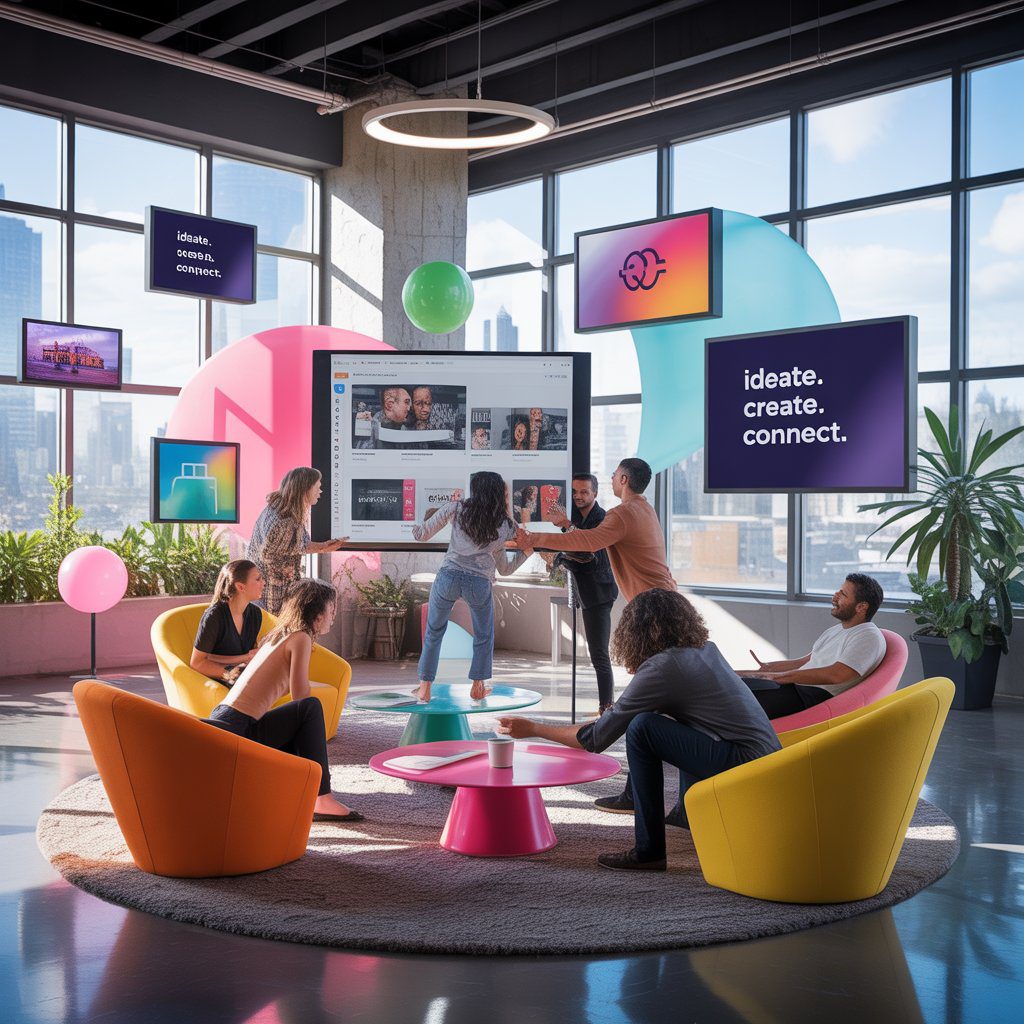
what are the jobs in advertising agency?
Explore Cool Roles in an Ad Agency!
Curious about jobs in an advertising agency? Here’s a quick list of exciting roles you’ll find. Each one plays a part in bringing ads to life:
🎨 Graphic Designer – Creates eye-catching visuals
✍️ Copywriter – Writes catchy content and slogans
📈 Media Planner – Decides where ads should appear
🎬 Creative Director – Oversees the whole creative process
📞 Account Manager – Talks to clients and manages projects
what does a strategist do in an advertising agency?
Understanding the Role of a Strategist in Simple Terms:
A strategist in an advertising agency digs deep into customer behavior, market trends, and brand goals to create smart campaign plans. They bridge creativity with data to make sure ads connect with the right audience in the right way.
The Role of a Strategist Explained Simply
Research market trends & audience behavior
Define campaign goals & messaging
Collaborate with creatives & media teams
Monitor performance & tweak strategies

how much are digital marketers paid?
📊 Understanding Digital Marketer Salaries
Wondering how much digital marketers earn? It depends on skills and experience, but here’s a quick idea:
Beginners: ₹15K–₹30K/month
Mid-level: ₹40K–₹70K/month
Experts: ₹1L–₹2L+ per month
💡 Salaries grow fast with the right tools and results!
